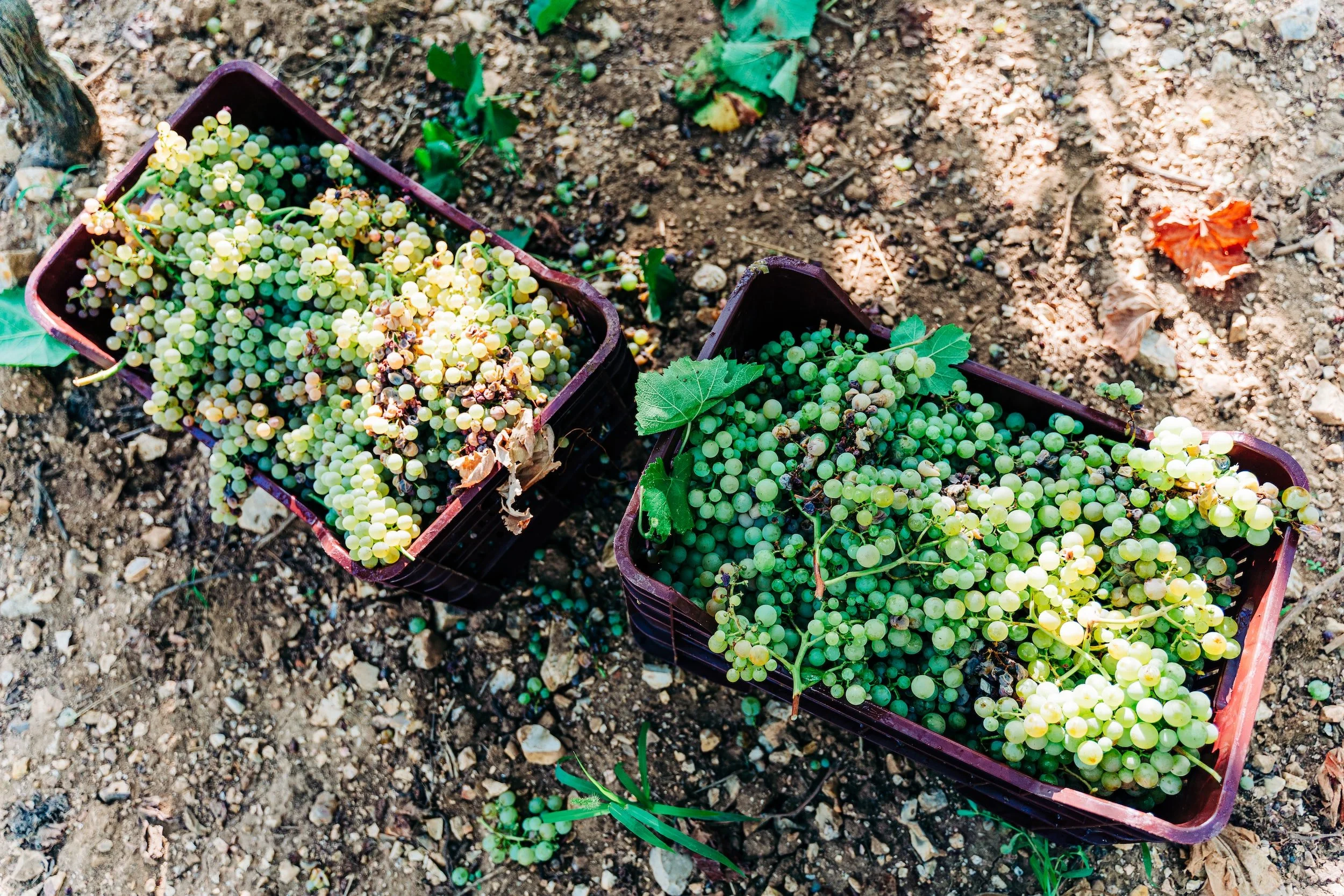Organic & Biodynamic Winemaking
Those who know me know that I used to work on the “other side” of the wine biz; that is to say, rather than having my boots on the ground in tasting rooms, I enjoyed a brief foray into distribution, calling on grocery and liquor stores and interfacing often with their customers. I got the following question often:
“Can you direct me to the organic wines?”
Outside of a Whole Foods or similar, it’s a tricky question; many grocery stores don’t have a dedicated organic wine area, and bottles don’t always have the same notable marketing copy that fruits, vegetables and consumer packaged goods might. I usually answered this question by identifying one of my own brands that I knew to be organic; now, I’m taking the opportunity to dive deeper and tell you a little about what organic (and biodynamic, and natural) wines really are.
Organic viticulture (like other organic agricultural practices) focuses on producing grapes without the use of synthetic fertilizers, pesticides, or herbicides, instead prioritizing the use of natural methods to maintain the health and fertility of the soil—the theory being that this creates a healthier environment for the vines and a better quality finished product. The National Organic Program (run by the USDA) oversees organic winemaking and sets stringent standards around, among other things, yeast strains used during fermentation and sulfite levels in the finished product. The organic method also tends to favor manual tending to the vines, including hand harvesting. As a result, organic wineries create around 150% as many jobs as their non-organic counterparts (and tend to provide more stable employment).
Biodynamic winemaking (look for that word on the label next time you’re in the wine fridge) takes things one step further. The biodynamic approach was created in the 1920s by Rudolph Steiner and involves treating the vineyard as a “living and receptive organism,” utilizing a set of holistic principles that are intended to maintain the health of the soil, plants, and animals living there. Biodynamic practices include the use of natural compost as fertilizer, cover crops as soil supplements, and specific planting cycles that are aligned with the lunar calendar. Wines that are biodynamic are by their nature also organic, and the movement is growing with over 700 biodynamic-certified vineyards worldwide.
In addition to “biodynamic” and “organic,” another word you might see on a bottle is “natural.” While there is no official definition for natural wine, the term generally refers to bottles made with minimal intervention from the winemaker. Producers of natural wine typically avoid using commercial yeasts, additives, and other preservatives commonly used in conventional winemaking, instead relying on the natural yeasts present in the vineyard and cellar to ferment the grapes. They may also use minimal sulfites. The goal of natural winemaking is to allow the grapes to express themselves fully, with the hand of the winemaker being almost undetectable. Natural wines are often unfiltered and cloudy in appearance, but can also have unique and complex flavor profiles as a result. Not all natural wines are organic or biodynamic, and vice versa— while there may be some overlap, they are distinct approaches to winemaking.
One of the key aims of biodynamic, natural and organic winemaking practices is to promote biodiversity and encourage a healthier environment. By avoiding synthetic chemicals and promoting natural methods, winemakers can create a more balanced ecosystem that benefits both the vines and the surrounding environment. But what about the resulting wines?
With the perpetual caveat that wine taste is, above all, subjective, biodynamic/natural/organic wines are often said to have a unique flavor profile characterized by a more "natural" taste, with a greater emphasis on terroir (the specific characteristics of the vineyard's soil and climate) and less on the winemaker's intervention. This can result in wines that are more complex and nuanced, with a greater sense of place. There is some evidence to suggest that natural, organic and biodynamic wines may have a longer “drinkable window” than their conventionally produced counterparts.
So, next time you’re looking for an organic bottle, consider branching out into biodynamic or natural wines - you never know what you might find!
Salut, and enjoy Washington wine.

